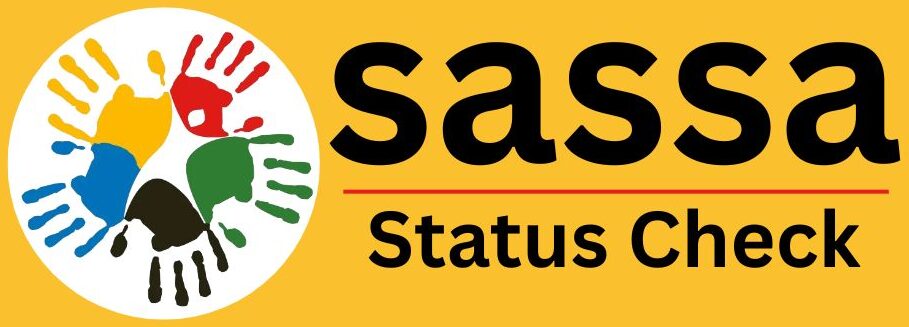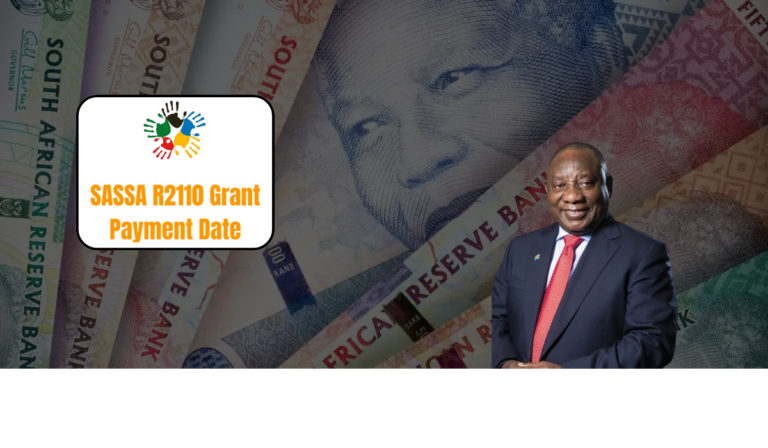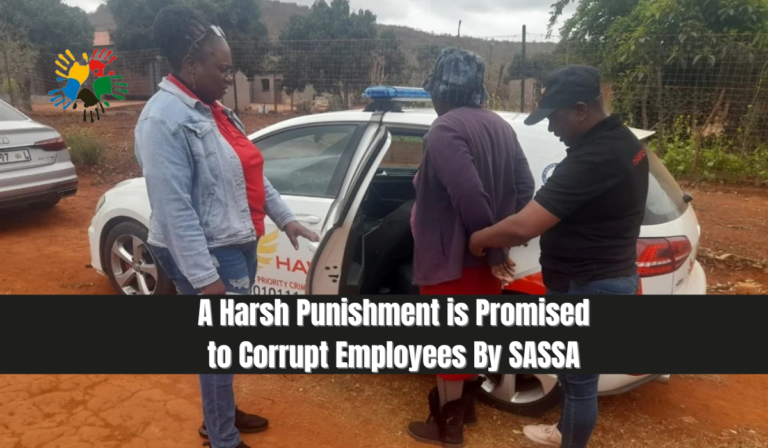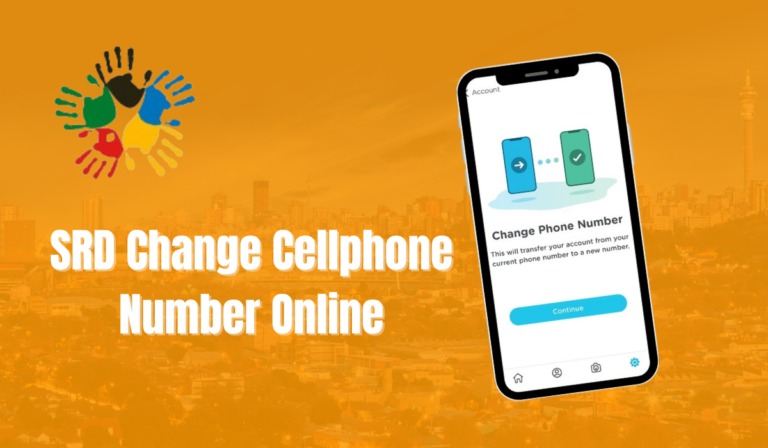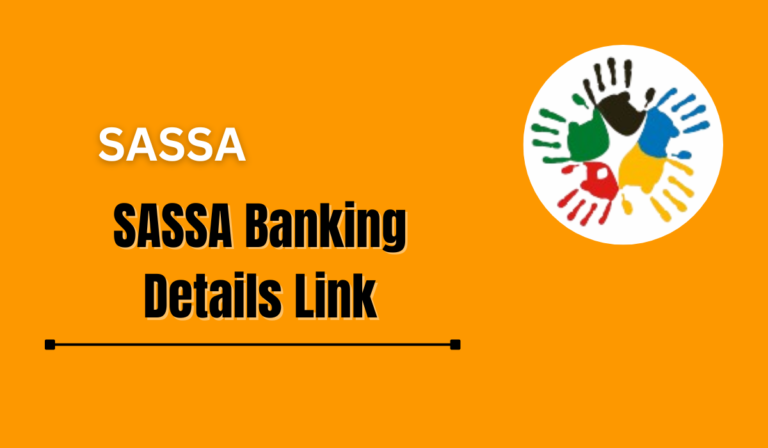5 SASSA Payment Common Scams to Avoid In 2025
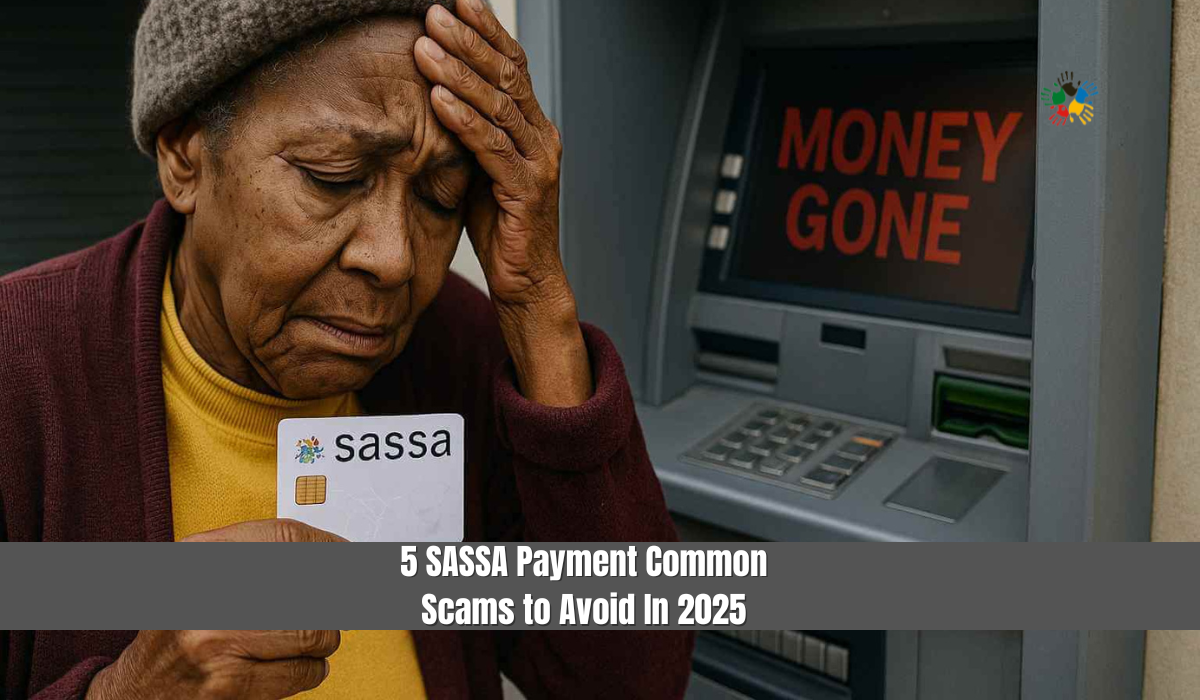
5 SASSA Payment Common Scams to Avoid In 2025. As South Africa continues to offer vital social support to its citizens through the South African Social Security Agency (SASSA), it’s unfortunate that this lifeline has also attracted opportunistic scammers. With more than 18 million beneficiaries relying on grants such as the Older Persons Grant, Disability Grant, and the SRD R370 Grant, fraudsters are refining their tactics to exploit the vulnerable.
In 2025, digital fraud has reached alarming sophistication. From deceptive websites to fake SMS messages and phishing campaigns, scam tactics are becoming harder to detect. This article will guide you through the top 5 SASSA payment scams to avoid in 2025, helping you stay protected and vigilant.
1. Fake SMS Links Requesting Banking Details
One of the most widespread fraud tactics targeting SASSA beneficiaries involves fraudulent SMS messages that impersonate SASSA communications. These messages typically include alarming texts like:
“URGENT: Please verify your SASSA grant account now by clicking the link.”
The link usually redirects to a phishing website designed to capture sensitive personal data, such as your ID number, bank account details, or one-time passwords (OTPs).
How to Stay Safe
| Red Flags | Safe Actions |
|---|---|
| Message urges immediate action | Ignore urgency and double-check with SASSA directly |
| Contains suspicious or shortened URL | Do not click; visit only the official SASSA SRD site: srd.sassa.gov.za |
| Requests for banking info via SMS | SASSA never collects personal or banking details through SMS |
2. “SASSA Agents” Charging Fees for Faster Payment
Another concerning trend in 2025 is the emergence of so-called SASSA agents who promise to expedite grant payments or “unlock” delayed disbursements — for a fee. These individuals often approach victims outside SASSA offices or via social media, claiming they have inside connections or special authority.
Important: SASSA services are completely free. No third-party agent, official or otherwise, has the authority to charge for fast-tracking payments.
Warning Signs
- Requesting payment for “priority processing”
- Claiming your grant was blocked and needs to be “unlocked”
- Promises of additional grant benefits in return for payment
Tip
Report anyone asking for money related to SASSA grants to the nearest police station or call SASSA fraud hotline: 0800 60 10 11.
3. Fake Social Media Pages Imitating SASSA
Scammers are now turning to social media platforms like Facebook, TikTok, and WhatsApp to deceive grant recipients. These fake SASSA pages often share links to unclaimed grants, fake competitions, or special voucher giveaways — all in an effort to steal your identity or banking info.
Some even mimic the look and logo of SASSA’s official Facebook page (@SASSANews), making it hard to tell them apart.
How to Spot a Fake Page
| Real SASSA Page | Fake Page |
|---|---|
| @SASSANews with verified checkmark | Similar-sounding names (e.g., @SASSAUpdatesNow) |
| Official government domain links | Suspicious third-party URLs |
| Verified content and consistent updates | Spelling errors, random promotions |
Tip: Never share your ID, grant reference number, or banking details via Facebook Messenger or WhatsApp.
4. Cash Send Collection Reference Scams
Many grant recipients opt for the Cash Send payment option, which allows them to collect their funds from retailers or ATMs using a reference number and OTP. Unfortunately, scammers exploit this process by sending fake messages like:
“Your SASSA grant is ready for collection. Reference: 154263.”
Victims, unaware of the scam, attempt to withdraw funds — only to discover the reference number is fake or has already been used.
Best Practices
- Always confirm collection readiness through the official SASSA SRD portal or via the USSD code 1347737#.
- Never rely on SMS or WhatsApp messages that don’t come from an official source.
5. Surveys and Fake Jobs in Exchange for Grants
In 2025, cybercriminals have gone a step further by offering fake job opportunities and online surveys. Victims are told they can receive top-up grants or faster approval if they:
- Fill out an online form
- Join a WhatsApp group
- Complete a “short survey”
These are elaborate traps to harvest personal information. Once collected, your ID number, OTPs, and banking info can be used to hijack your grant payments or commit identity fraud.
❗Warning Signs
| Claim | Reality |
|---|---|
| “Earn extra with SASSA-approved jobs” | No job offers are linked to SASSA |
| “Complete a quick survey to win a grant bonus” | SASSA does not run any such campaign |
Important Note: SASSA is not affiliated with any employment or promotional platform.
What to Do If You Suspect a SASSA Scam
Scammers continue to evolve, but your best defense is awareness and reporting suspicious activity immediately. Here’s what to do if you think you’ve been targeted:
Steps to Take
- Contact SASSA directly: Call 0800 60 10 11 or visit the official website srd.sassa.gov.za.
- Report the scam: Notify the South African Police Service (SAPS) or lodge a cybercrime complaint online.
- Visit your nearest SASSA office: Speak to a representative and confirm your grant status or personal account safety.
Conclusion
As fraud continues to target the vulnerable, 2025 requires heightened awareness from all SASSA grant recipients. Whether you are receiving a Disability Grant, SRD R370, or the Child Support Grant, remember that SASSA will never charge fees, send suspicious links, or ask for personal details via SMS or social media.
